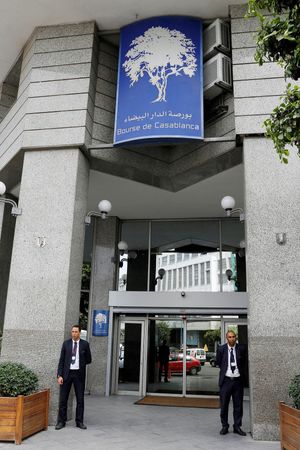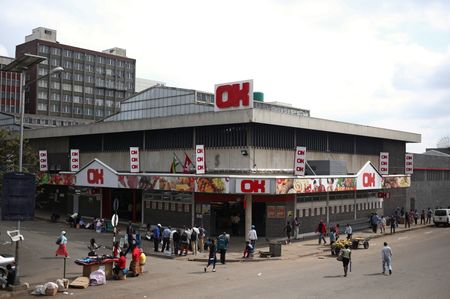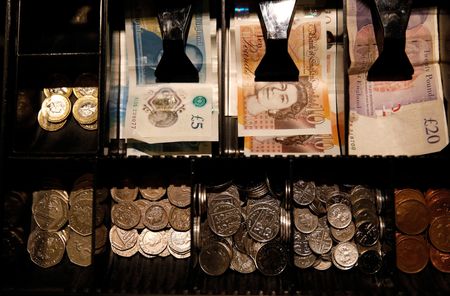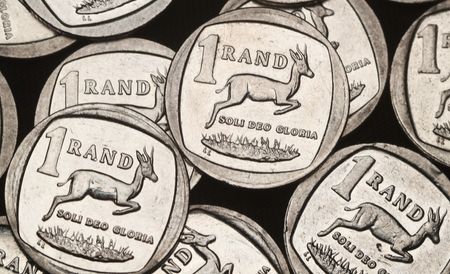By Libby George and Ahmed Eljechtimi
LONDON/RABAT (Reuters) -Morocco’s Casablanca Stock Exchange expects to launch a new derivatives market within weeks as part of an effort to boost liquidity in one of Africa’s largest exchanges, its chief executive told Reuters.
CSE chief executive Tarik Senhaji said derivatives would expand the investor base by allowing participants to take long and short positions and enable them to trade a basket, particularly tracking the MASI 20, which includes the 20 largest and most liquid stocks.
“It’s the flexibility that the derivatives market allows you, which is going to add to the main market, bring more liquidity, and essentially bring more flows,” Senhaji said.
The derivative offerings are aimed at being the first part of a broader expansion, with contracts for interest rate futures, single-stock futures and equity options set to follow.
In 2024, the exchange’s average daily trading volume rose by nearly 70% to $37.5 million, and total market capitalisation rose some 20% from December 2023 to the end of 2024, to $77.6 billion.
But the bourse saw only one new listing in 2024 and participation of the local population is also less than 1%, Senhaji said.
CSE is working to boost local familiarity with the exchange to attract more domestic investors. Foreigners account for roughly 30% of the CSE’s investors, Senhaji said.
The CSE’s next target is to create an “organic link” between Morocco’s two biggest pools of liquidity – the exchange and the government bond market.
“We want to move into derivatives for interest rates in a big way, because that will connect the government bond market… with the stock market…and create some really interesting cross asset plays,” he said.
The exchange is also looking to launch listed REITs.
Senhaji said that despite worldwide market turmoil, marked by rising U.S. tariffs and heightened geopolitical tensions, the country was well positioned. He noted that the proposed new U.S. tariff for Morocco was set at the lowest level of 10%.
“We have a good relationship with everyone, whether it’s on the social front or the economic front, and we view ourselves as well as one of the links into international commerce and international trading,” Senhaji said.
(Reporting By Libby George; Editing by Kirsten Donovan)








